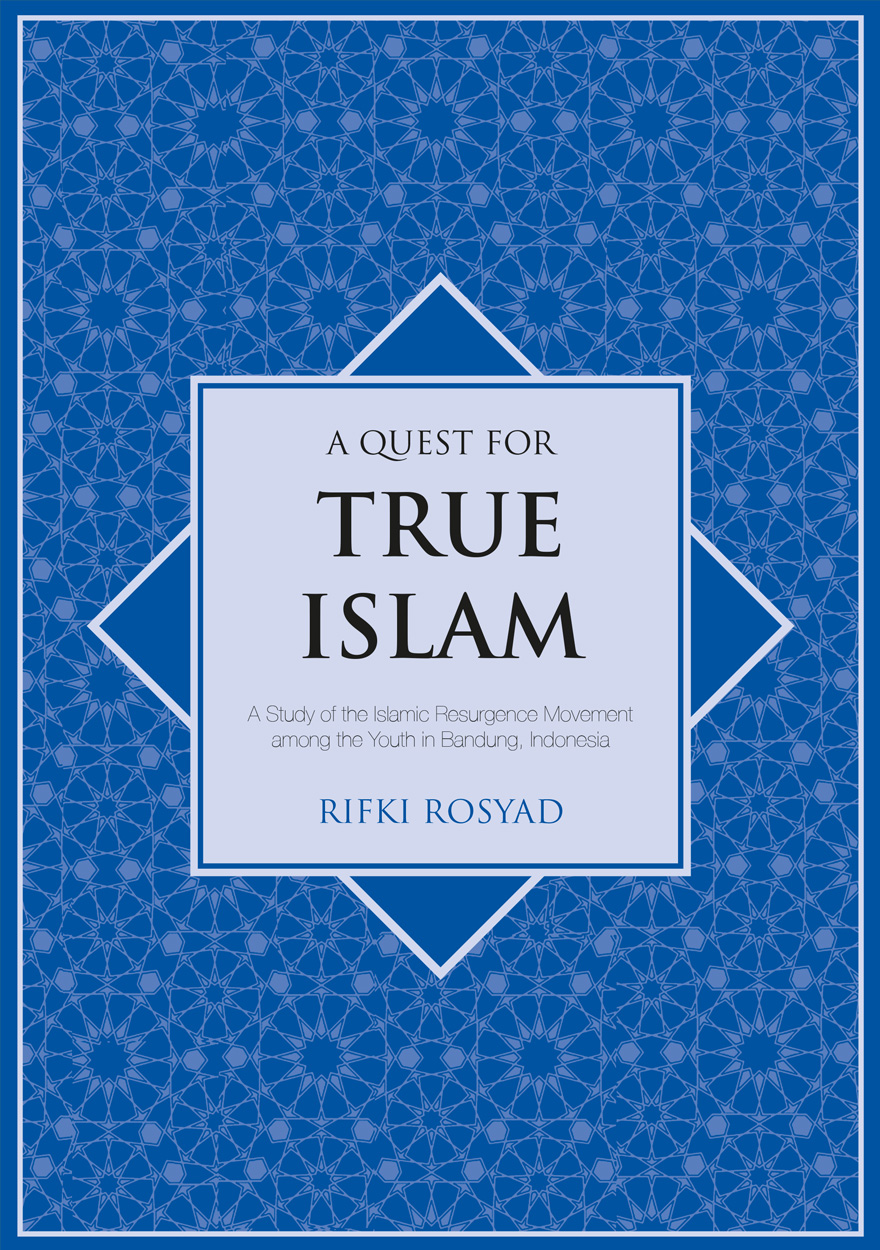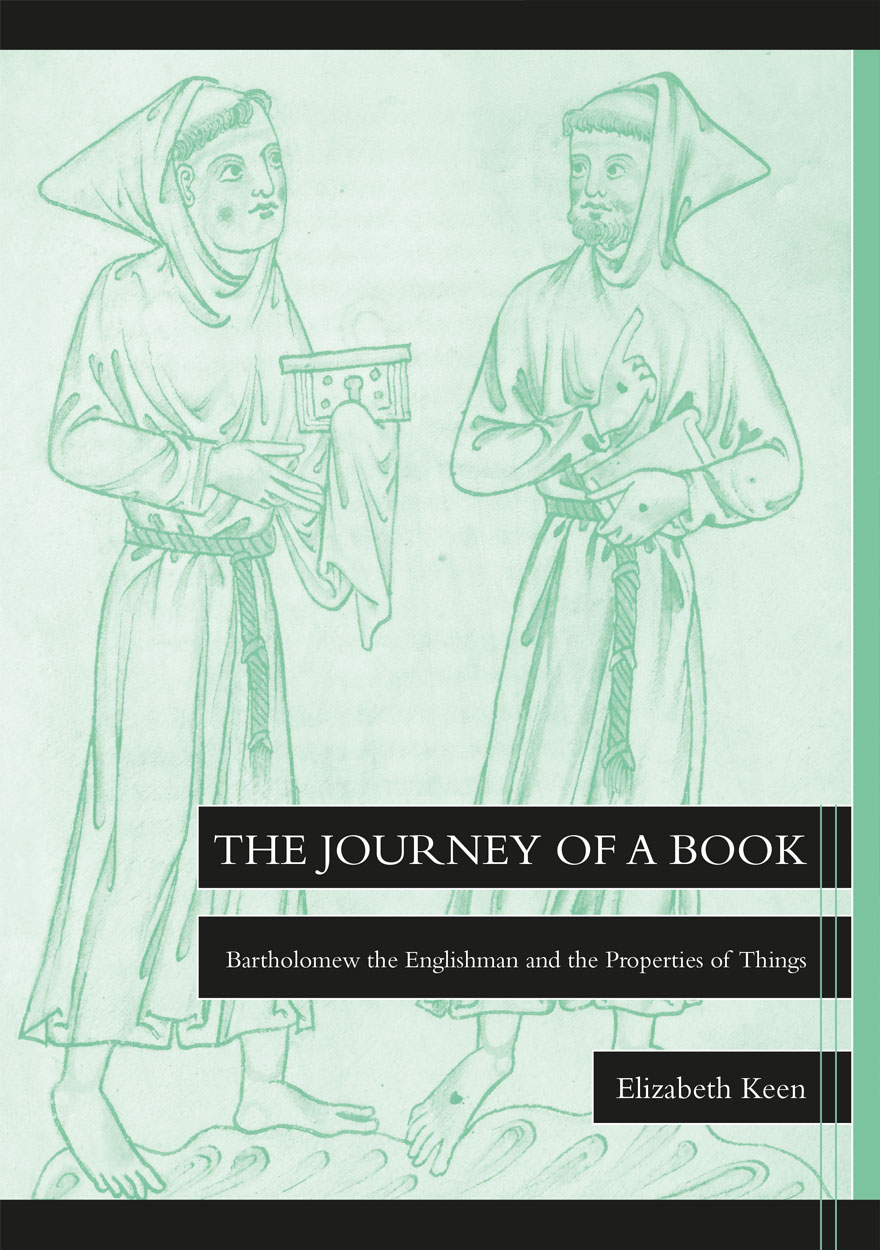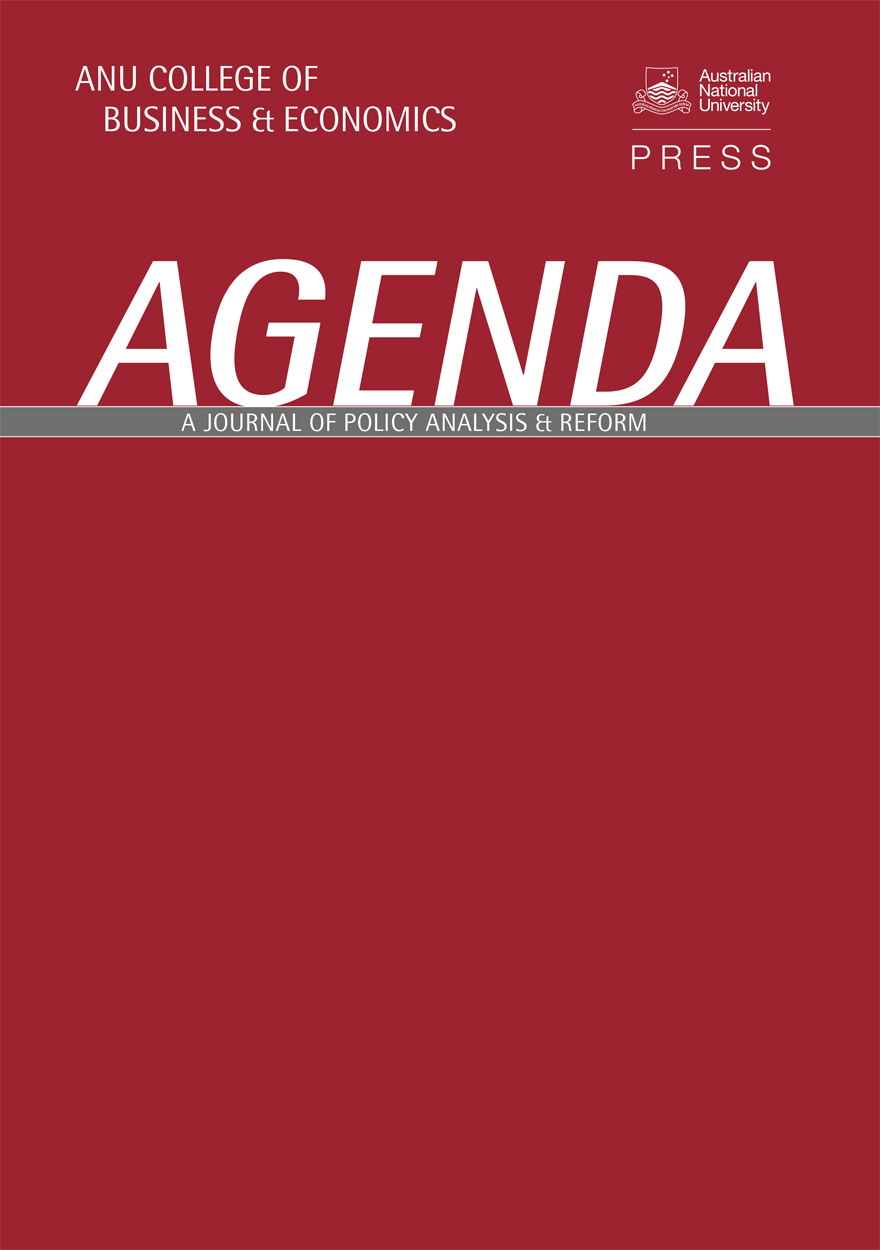Search titles
Displaying results 941 to 950 of 1099.

A Quest for True Islam »
A Study of the Islamic Resurgence Movement among the Youth in Bandung, Indonesia
Authored by: Rifki Rosyad
Publication date: July 2007
This study presents the contemporary Islamic resurgence movement among young people in Bandung Indonesia, focusing on its emergence, development and routinisation. It traces various factors and conditions that contributed to the emergence of the movement. It also tries to explain how and why young people (students in particular) turn to Islam, and how the movement is organised and developed among students. Finally, it examines internal changes among various Islamic groups as responses to social, political and cultural changes.

Re-Visioning Arts and Cultural Policy »
Current Impasses and Future Directions
Authored by: Jennifer Craik
Publication date: July 2007
In this monograph, Jennifer Craik undertakes a critical and historical analysis of the main imperatives of arts and cultural policy in Australia. With forensic skill she examines the financial and policy instruments commonly relied upon in this much contested and diverse area of public policy. Craik uses her analysis of past and current policy responses as a platform for articulating future options. This is a valuable work for cultural professionals and administrators, art historians and, indeed, anyone with an abiding interest in the management of the nation’s cultural estate.

Agenda - A Journal of Policy Analysis and Reform: Volume 14, Number 2, 2007 »
Edited by: Franco Papandrea, Graeme Wells
Publication date: July 2007
Agenda is a refereed, ECONLIT-indexed and RePEc-listed journal of the College of Business and Economics, The Australian National University. Launched in 1994, Agenda provides a forum for debate on public policy, mainly (but not exclusively) in Australia and New Zealand. It deals largely with economic issues but gives space to social and legal policy and also to the moral and philosophical foundations and implications of policy.
Subscribe to the Agenda Alerting service if you wish to be advised on forthcoming or new issues.
Download for free
Not available for purchase

Humanities Research: Volume XIV. No. 1. 2007 »
Historicizing Cross-Cultural Research
Edited by: Benjamin Penny
Publication date: July 2007
Humanities Research is an internationally peer-reviewed journal published by the Research School of Humanities at The Australian National University. The Research School of Humanities came into existence in January 2007 and consists of the Humanities Research Centre, Centre for Cross-Cultural Research, National Europe Centre and Australian National Dictionary Centre. Launched in 1997, issues are thematic with guest editors and address important and timely topics across all branches of the humanities.
This issue of Humanities Research presents a selection of papers that seek to historicize cross-cultural research – involving studies of particular encounters between people of different cultures and investigation of the disciplinary categories in which those studies took place – and, in so doing, interrogate the term ‘cross-cultural’ and the variety of meanings it has accrued.
Download for free
Not available for purchase

Customary Land Tenure & Registration in Australia and Papua New Guinea »
Anthropological Perspectives
Edited by: James Weiner, Katie Glaskin
Publication date: June 2007
The main theme of this volume is a discussion of the ways in which legal mechanisms, such as the Land Groups Incorporation Act (1974) in PNG, and the Native Title Act (1993) in Australia, do not, as they purport, serve merely to identify and register already-existing customary indigenous landowning groups in these countries. Because the legislation is an integral part of the way in which indigenous people are defined and managed in relation to the State, it serves to elicit particular responses in landowner organisation and self-identification on the part of indigenous people. These pieces of legislation actively contour the progressive evolution of landowner social, territorial and political organisation at all levels in these nation states. The contributors to this volume provide in-depth anthropological case studies of social structural and cultural transformations engendered by the confrontation between states, developers and indigenous communities over rights to customarily owned land.

From Election to Coup in Fiji »
The 2006 campaign and its aftermath
Edited by: Jon Fraenkel, Stewart Firth
Publication date: June 2007
In May 2006 Fiji held its tenth general election since independence in 1970. In a country with an unenviable history of electoral trauma, the mood was apprehensive if not tense – not least because of controversial public statements against the incumbent Qarase government being made by the commander of Fiji’s military forces.
Despite a record number of parties and candidates, the winners were the two big parties – the heavily church-backed SDL, the party of choice of the majority of indigenous Fijians; and the Fiji Labour Party, the party preferred by most Indo-Fijians.
Although the result was ethnically polarised, for the first time in Fijian history the successful candidates came together to share power in a constitutionally ordained multiparty cabinet, with Laisenia Qarase retaining the prime ministership. But the fragile collaboration was short-lived. On 5 December 2006, Commodore Voreqe Bainimarama ordered a military takeover, declaring himself ‘President’, ousting the elected government and replacing it with an ‘interim’ government of his choice, and once again throwing Fiji into political turmoil.
With contributions from ex-Vice President Ratu Joni Madraiwiwi, ousted Prime Minister Laesenia Qarase, leader of the Fiji Labour Party and now interim Minister for Finance Mahendra Chaudhry, and an impressive array of leading commentators on Fijian affairs, this book provides a comprehensive and penetrating analysis of the lead-up to, the outcome and the aftermath of Fiji’s historic 2006 election. Shedding light on the complex weave of traditional chiefly systems, race relations, economics, constitutionality, the military ethos and religion, From Election to Coup in Fiji is essential reading for anyone with an interest in Fiji, the South Pacific and the politics of divided societies.

The Journey of a Book »
Bartholomew the Englishman and the Properties of Things
Authored by: Elizabeth Keen
Publication date: June 2007
De proprietatibus rerum, ‘On the properties of things’, has long been referred to by scholars as a medieval encyclopedia, but evidence suggests that it has been many things to many people. The sheer number of extant manuscript copies and printed editions, along with translations, adaptations, and mentions in poems and sermons, testify to its continuous significance for Europeans of all estates and different walks of life, from the thirteenth to the seventeenth centuries. While first compiled soon after the time of St Francis by a humble continental friar to meet the needs of his expanding religious brotherhood, by 1600 English men of letters had claimed Bartholomew as a noble compatriot and national treasure. What was it about the work that propelled it through a progression of medieval cultures and into an exalted position in the world of English letters? This reception history traces evidence for the journey of ‘Properties’ over four centuries of social, political and religious change.

A Passion for Policy »
Essays in Public Sector Reform
Edited by: John Wanna
Publication date: June 2007
This collection of papers is concerned with issues of policy development, practice, implementation and performance. It represents a range of views about diverse subjects by individuals who are, for the most part, in the public eye and who have the capacity to influence the shape and the reality of public policy. Each has a story to tell, with insights that can only be drawn by those working at the ‘sharp end’ of policy.

Boats to Burn »
Bajo Fishing Activity in the Australian Fishing Zone
Authored by: Natasha Stacey
Publication date: June 2007
Under a Memorandum of Understanding between Indonesia and Australia, traditional Indonesian fishermen are permitted access to fish in a designated area inside the 200 nautical mile Australian Fishing Zone (AFZ). However, crew and vessels are regularly apprehended for illegal fishing activity outside the permitted areas and, after prosecution in Australian courts, their boats and equipment are destroyed and the fishermen repatriated to Indonesia. This is an ethnographic study of one group of Indonesian maritime people who operate in the AFZ. It concerns Bajo people who originate from villages in the Tukang Besi Islands, Southeast Sulawesi. It explores the social, cultural, economic and historic conditions which underpin Bajo sailing and fishing voyages in the AFZ. It also examines issues concerning Australian maritime expansion and Australian government policies, treatment and understanding of Bajo fishing. The study considers the concept of “traditional” fishing regulating access to the MOU area based on use of unchanging technology, and consequences arising from adherence to such a view of “traditional”; the effect of Australian maritime expansion on Bajo fishing activity; the effectiveness of policy in providing for fishing rights and stopping illegal activity, and why Bajo continue to fish in the AFZ despite a range of ongoing restrictions on their activity.

Agenda - A Journal of Policy Analysis and Reform: Volume 13, Number 1, 2006 »
Publication date: April 2007
Agenda is a refereed, ECONLIT-indexed and RePEc-listed journal of the College of Business and Economics, The Australian National University. Launched in 1994, Agenda provides a forum for debate on public policy, mainly (but not exclusively) in Australia and New Zealand. It deals largely with economic issues but gives space to social and legal policy and also to the moral and philosophical foundations and implications of policy.
Subscribe to the Agenda Alerting service if you wish to be advised on forthcoming or new issues.
Download for free
Not available for purchase



